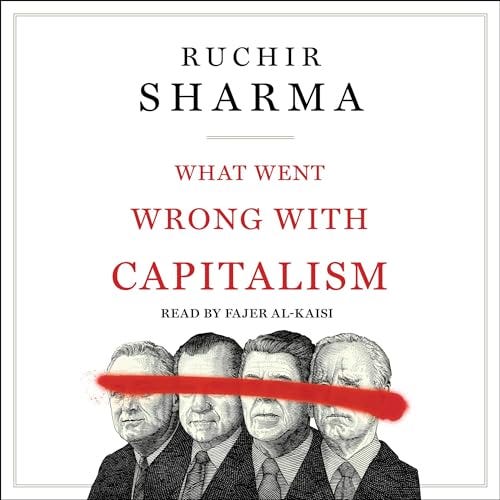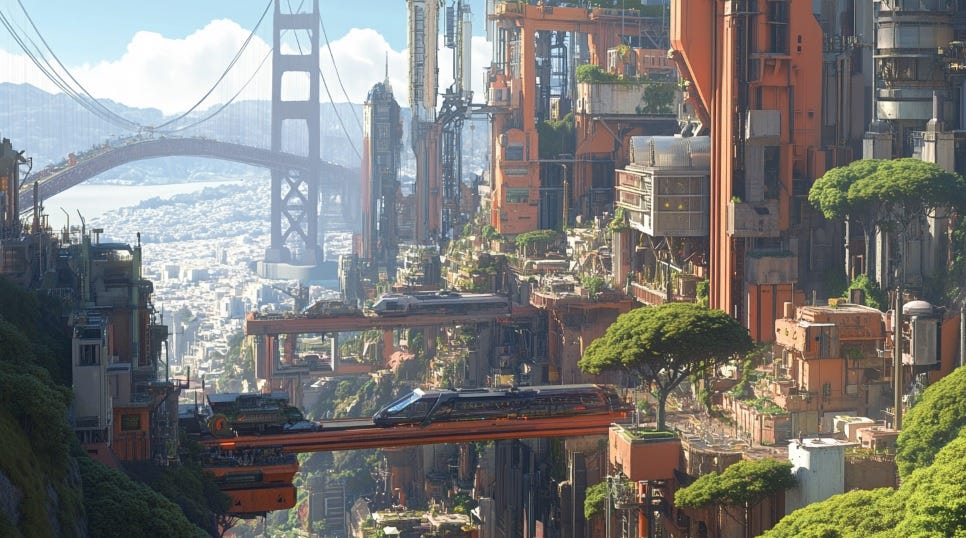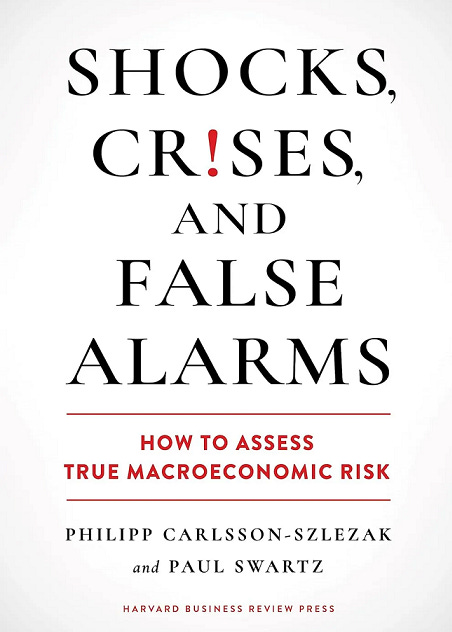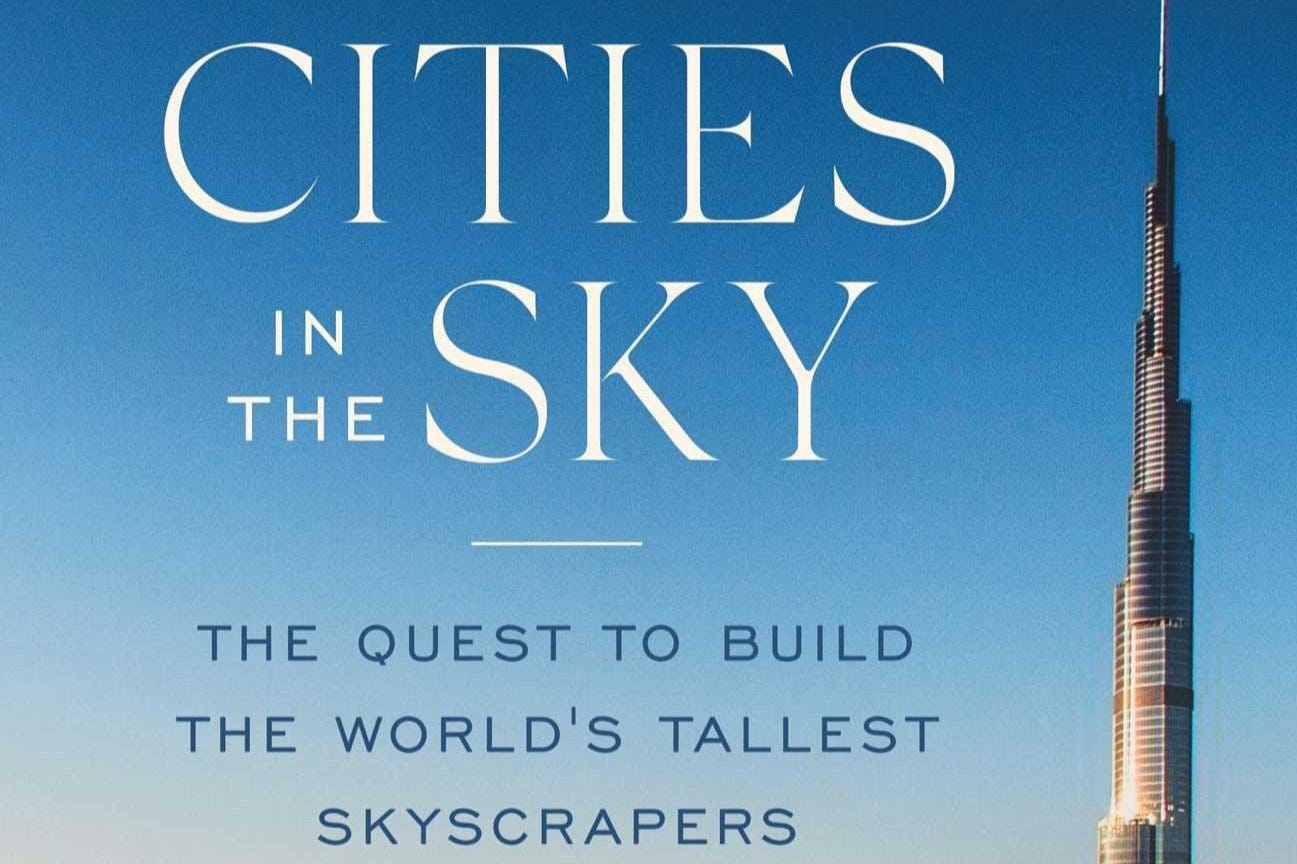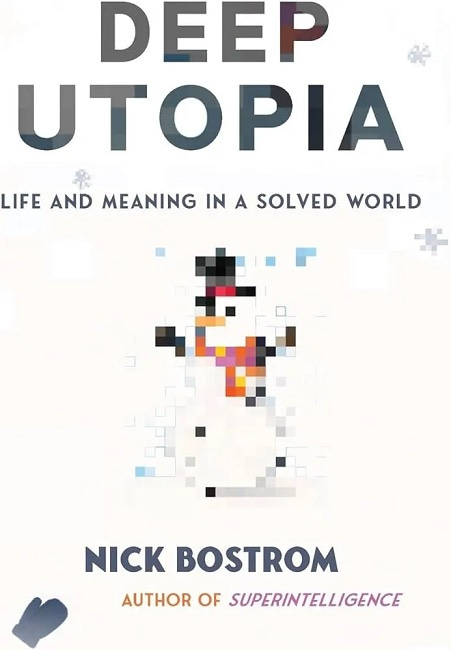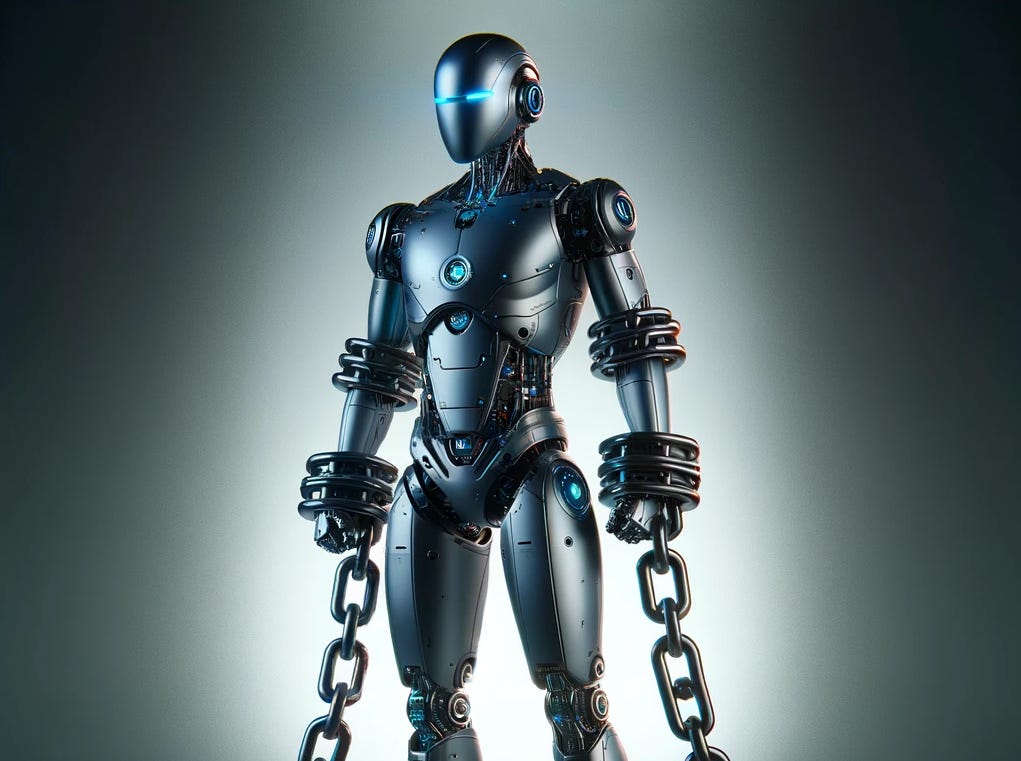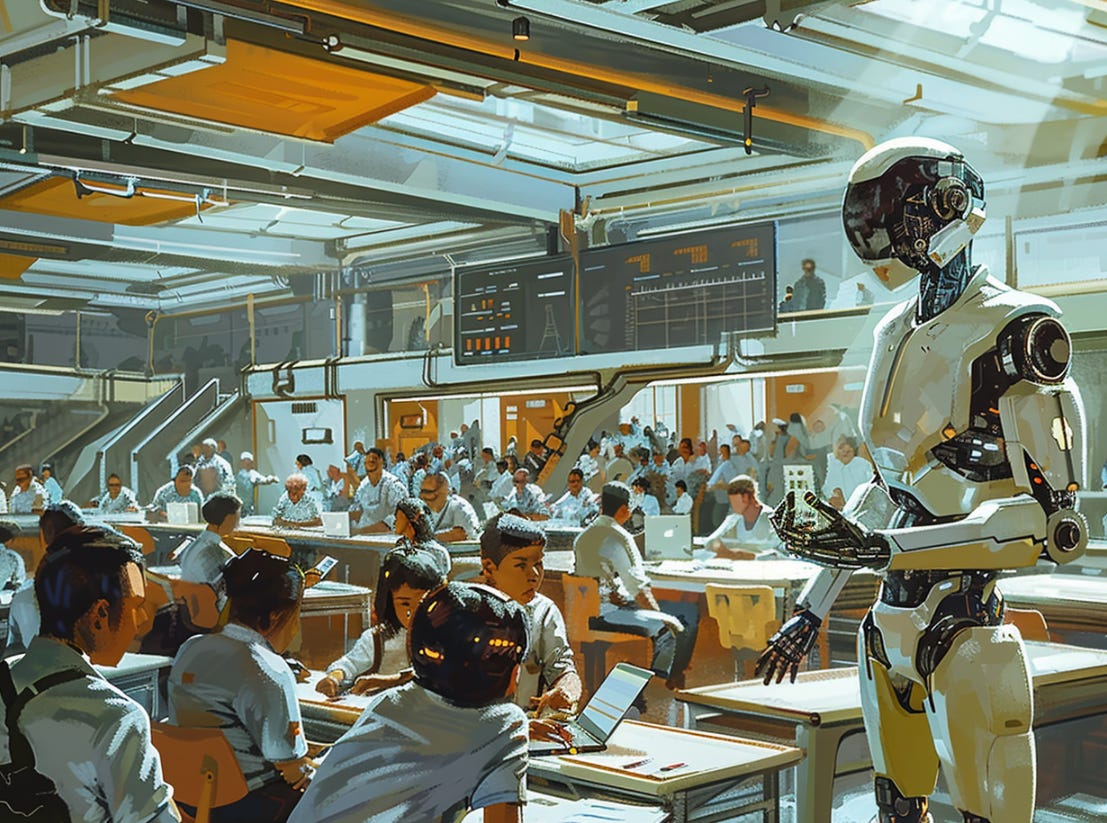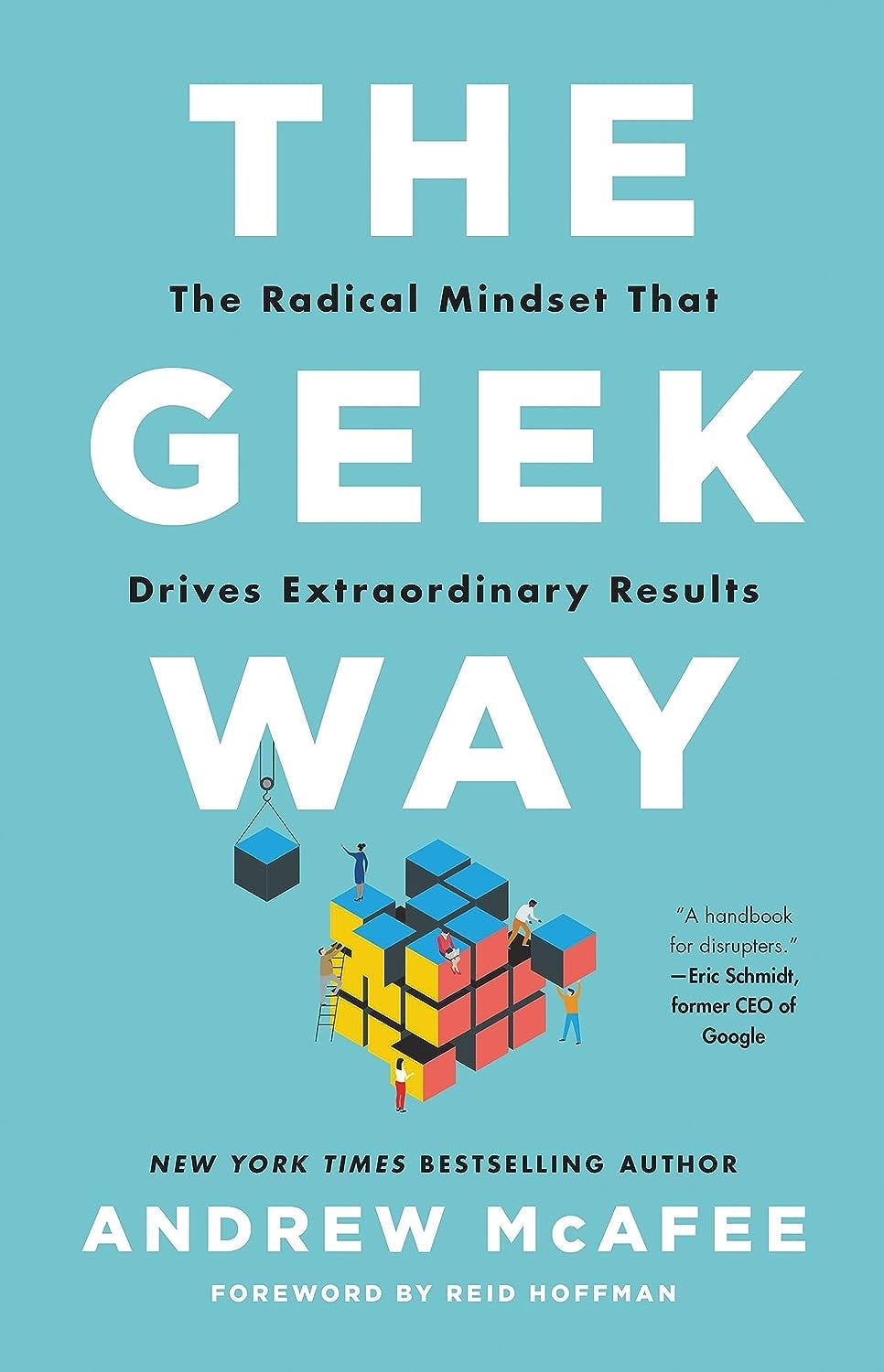⤵ My chat (+transcript) with investor Ruchir Sharma on where capitalist economies went wrong
Description
✈ A quick note: I will be traveling through the middle of the month and will be posting a bit less than usual and perhaps a bit shorter than usual.
These days, it seems that critics of capitalism are more prevalent and more vocal than ever. But Ruchir Sharma, author of What Went Wrong with Capitalism, argues that the free market never let us down; our government did. Today on Faster, Please! — The Podcast, Sharma and I discuss the American addiction to “pain management” — unnecessary economic intervention aimed at dulling the effects of the natural ups and downs of a free market, and how it crippled American capitalism.
Sharma is chairman of Rockefeller International and the founder and chief investment officer of Breakout Capital. He previously served as head of emerging markets and chief global strategist at Morgan Stanley.
In This Episode
* Disillusionment (1:20 )
* Economic booms (6:12 )
* Pain management (8:49 )
* Populist policy (14:38 )
* Catalyzing change (17:32 )
Below is a lightly edited transcript of our conversation
Disillusionment (1:20 )
Pethokoukis: In the book, you write with some concern about the declining faith in capitalism, really among all Americans, especially Democrats and the young. It may be worrisome, but is it really surprising, given we had a financial crisis . . . hard to believe it was, what, 14 years ago? 15? Well, I guess 16, 2008 . . . Financial crisis, slow recovery. So, for a lot of people, there's a pretty good chunk of their lives where the economy didn't seem to be really zipping along very quickly and making a big change in their lives, so if people are skeptical of capitalism, can you really blame them?
Sharma: Well, as I argue in the book, Jim, that the current system we have in place is very far from capitalism. It's a very distorted form of capitalism that we have in place, and the surprise, I think, has to be the fact that, at the headline level, the numbers from the American economy look pretty good, which are the fact that the economy is growing at above two percent, the stock market is booming, America is seen as the center of all the tech innovation, AI, and, compared to its major rivals such as Europe, America seems to be in a much better place. And I think that a lot of people in the Biden administration try to put that out, which is that, “What's the problem, given how well the American economy is doing?”
And I think that the polling data is obviously very different. It shows a persistent and consistent decline in faith in the American economy, that the voters and people have, and, as you pointed out at the outset, that a lot of young people, in fact, say that now they prefer socialism to capitalism. So I guess that's the surprise, which is the fact that, at the headline level, the numbers look fine, and especially when you compare it to other countries, and yet, if you look beneath the hood, both the numbers, in terms of polling numbers and then a deeper look at capitalism, which is what I've done in the book, reveal that something is wrong with the system. The general feeling that the average American has, that the system is almost rigged against them, and rigged in favor of Big Business.
Clearly one reason people are sort of unhappy is because we had a big surge of inflation, and, even though the rate of inflation has come down, prices are still a lot higher than they remember. But that seems to me to be a temporary aberration. As every day, and month, and year goes by, we'll be a little further from this inflation surge. And then you mentioned all those positive things: in every sort of emerging technology, America seems to be the leader. Is there really a deep problem that will be more or less solved on its own the further we get away from the pandemic and that pandemic-era economy?
Well, anything can happen, but I wouldn't bet on that because, as you said, that the decline in the faith in America's brand of capitalism and the number of people who feel that the country's moving in the wrong direction, all that data predates the pandemic. So it's not as if there was a surge in inflation and that suddenly changed people's thinking about the economy and they're feeling much worse off because their real wages got wiped out by inflation. This happened even before that. Through the last 10 or 20 years, you've seen a consistent decline in American faith in the economy, in American faith in government. So this is not just about the near-term inflation data, or even in terms of what's happened in the post-pandemic world, and to bet, therefore, that, with the passage of time, as the pandemic sort of becomes more and more of a distant memory that this is going to change. I think the problems are much deeper, and it shows up in the fact that, as I argue in the book, that economic and social mobility in America today is close to record lows. Only 35 percent of Americans feel today that they're going to be better off than their parents, and when the American Dream was really flowering, that number used to be 70 to 80 percent of people felt that they'd be better off than their parents. So there's a whole host of data to show here that the problem and the disaffection with the economic system is much deeper than just the pandemic-driven surge in inflation.
Economic booms (6:12 )
Is there anything about this economy that four or five years of above-average economic growth won't solve? I sort of recall that in the early ’90s, you could have made a very similar case that we had a nasty recession in the early ’90s. Some people have forgotten about it, but it was a bad recession. And then we had the Gulf War, and there were a lot of newspaper articles saying that the era of fast growth was over, America just couldn't grow fast anymore, and just as people were convinced that the good days were over, the economy took over, internet boom, tech boom, and we had very rapid growth—and, interestingly, it was also a period of high inequality, but people didn't seem to care so much because the economy was cooking and real wages were rising. So is there anything wrong that a little bit of faster growth couldn't solve?
In terms of the fact that I remember living through that era, and I think that if you compare the polling data, it shows the fact that the problems are much deeper now, and the disaffection is much deeper than what was there, in terms of the fact that what solved it back then — even back then, the basic faith in American capitalism was never lost. I think that what's happened now is a feeling that we don't have an equality of opportunity anymore, and that inequality levels now have risen much further than back then. So I think that it's always possible for some hopeful turn to take place, but I'd say that the problems this time are much deeper, and that's what I try and say: Why has this happened? The book is a deep investigation of why has this happened systematically over time. We've gotten to a point now where, across the Western world, leaders are universally, almost, unpopular, and they are also struggling to get reelected. This is happening in Europe, and I argue in the book that capitalism is in worse shape in Europe: much more statist, much more bureaucratic, much more intrusive, and Europe's an even greater regulatory hegemon than America is. So something which is going on across Western societies for this disaffection and feeling that the American government is more pro-business than it is pro-competition, which should be the essence of capitalism.
Pain management (8:49 )
But where do you think it all went wrong?
That’s the crux of the argument. As the tagline of the book goes, that capitalism did not fail, it was ruined. What ruined it? As I show, that it is the suite of government habits, that how the government's role in American society has come to resemble that of pain management, which is the fact that every time there is the slightest hint of pain, we administer opiates. That's one of the reasons we have the opiate crisis, where people are just hooked to opiates, because at the slightest pain, you give them opiate to relieve the pain without quite solving the underlying cause of the problem. I think, in a similar way, what's happened with American capitalism is the fact that the government has been trying to socialize risk and take risk out of the system to try and mitigate pain, and in doing so, it's got the economy hooked to constant stimulus, constant government intervention, which is leading to a lot of perverse consequences.
What are those purpose consequences? One of them, as I've argued in the book, is that productivity has declined. Now remember, capitalism is supposed to generate lots of competition, lead to more creative d

